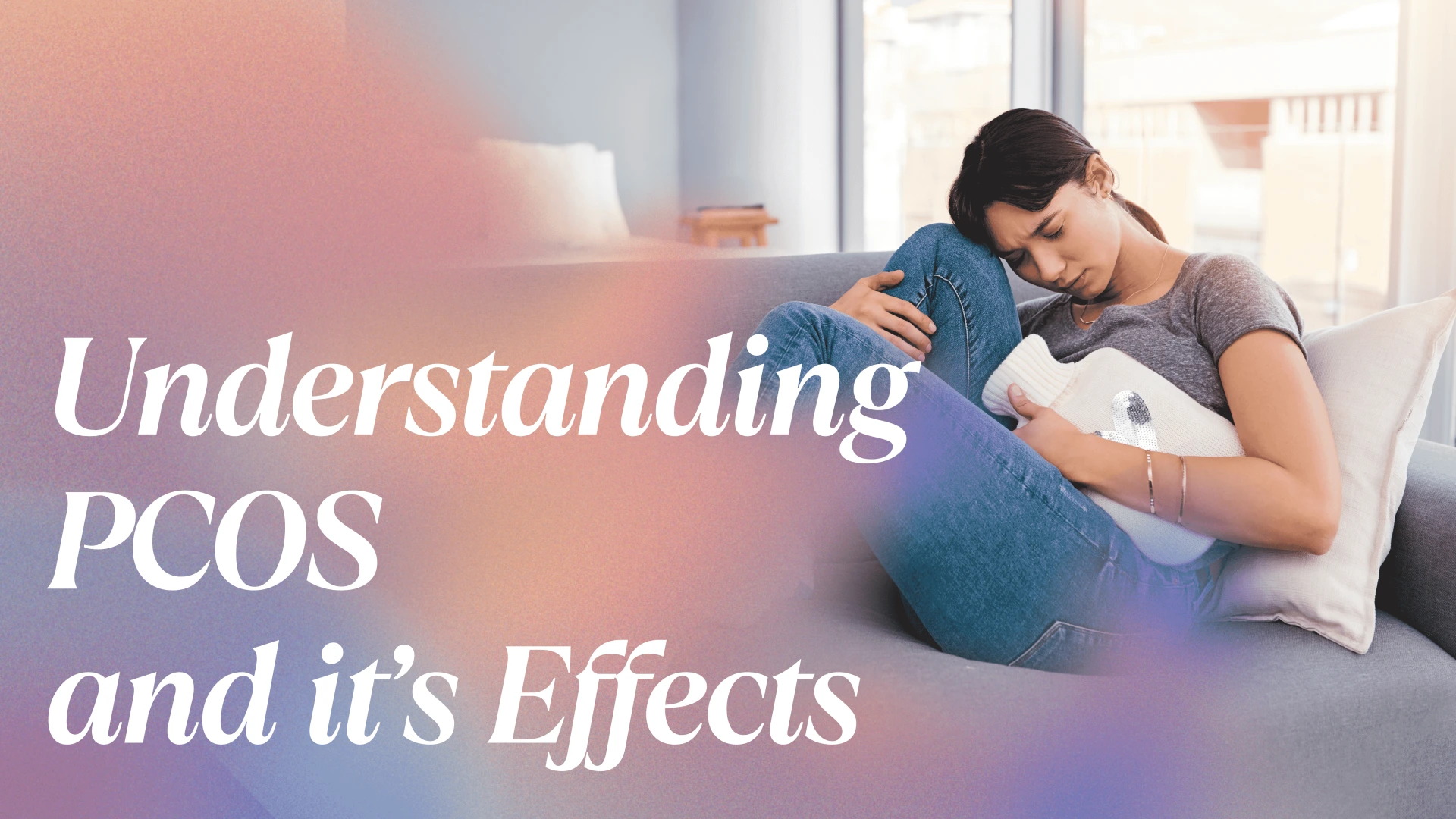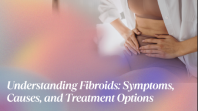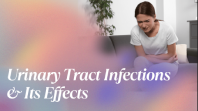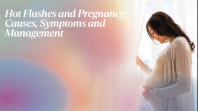PCOS: Insights into Its Profound Effects and Management
July 05, 2024

Polycystic ovary syndrome (PCOS) is a multifaceted medical condition that affects women of reproductive age ranging between 15-45. It is characterised by various symptoms, including heightened levels of androgens – the male hormones, irregular menstrual cycles, and the presence of small cysts on one or both ovaries.
The condition can also lead to significant emotional and psychological effects, such as anxiety and depression, further complicating the lives of those affected. With a diverse range of symptoms, the impact of Polycystic Ovarian Syndrome extends beyond physical health, influencing daily activities, self-esteem, and overall quality of life. Lets dive deep into understanding PCOS better.
Polycystic Ovary Syndrome presents itself in two primary forms:
- Morphological: which involves the presence of polycystic ovaries.
- Predominantly biochemical: marked by hyperandrogenemia, or excess androgen levels in the blood.
Understanding PCOS
1. Morphological
The morphological aspect refers to the physical appearance or structure of the ovaries. Specifically, it involves the presence of polycystic ovaries, which are ovaries that contain multiple small cysts.
2. Hyperandrogenemia
This aspect of PCOS focuses on the hormonal imbalance that characterises the condition. Specifically, it refers to hyperandrogenemia, which is the presence of elevated levels of androgens, often referred to as “male hormones,” in the bloodstream.
Hyperandrogenism is a key issue of Polycystic Ovary Syndrome that can disrupt the normal processes of follicular development. Follicular development refers to the maturing of ovarian follicles, structures within the ovary that contain developing eggs leading to the formation of small cysts within the ovaries, ovulation problems, and alterations in menstrual patterns.
This complex interplay of hormonal imbalances and ovarian irregularities characterises the clinical landscape of PCOS, making it a significant concern in women’s health.
Effects of PCOS
Polycystic Ovary Syndrome has a diverse manifestation. Studies indicate that PCOS affects 5% to 10% of females aged 18 to 44, establishing it as the most prevalent endocrine abnormality among reproductive-age women. Women diagnosed with PCOS exhibit high incidences of infertility, endometrial cancer, cardiovascular disease, dyslipidemia, and type 2 diabetes mellitus.
Infertility:
Polycystic Ovary Syndrome disrupts ovulation, the process of releasing an egg from the ovary. This can make it difficult to conceive naturally. Studies suggest 6% to 12% of women with PCOS experience infertility.
Endometrial Cancer:
The hormonal imbalance in Polycystic Ovary Syndrome, with unopposed oestrogen and lack of ovulation, can lead to endometrial hyperplasia with a high risk of cancer. Research shows a moderate increase in risk, with some studies suggesting a 2.7-fold increased lifetime risk for endometrial cancer in women with PCOS.
Cardiovascular Disease:
Insulin resistance, a common feature of Polycystic Ovary Syndrome, contributes to inflammation and unhealthy cholesterol levels, increasing the risk of heart disease and stroke. Women with Polycystic Ovary Syndrome are recognized as a high-risk group for cardiovascular diseases.
Type 2 Diabetes Mellitus:
Insulin resistance in Polycystic Ovary Syndrome makes it difficult for the body to use insulin effectively, leading to high blood sugar levels and eventually type 2 diabetes. Studies suggest over half of women with PCOS will develop type 2 diabetes by age 40.
It’s important to note that these are potential risks, and not every woman with PCOS will experience these health problems. However, being aware of these associations is crucial for early detection and proactive management.
Conclusion
While PCOS poses significant challenges, increased awareness, research efforts, and multidisciplinary approaches offer hope for improved diagnosis, treatment, and support for affected individuals. By addressing the underlying hormonal imbalances, managing associated symptoms, and adopting lifestyle modifications, individuals with Polycystic Ovary Syndrome can better navigate their health journey and minimise the impact of this complex condition on their lives.



























